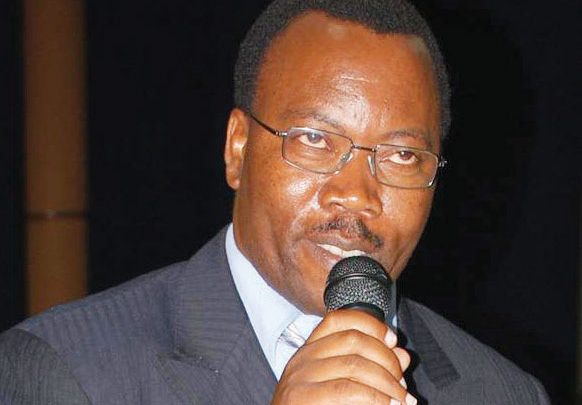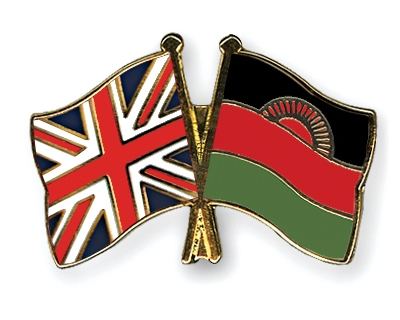The Agricultural Development and Market Corporation (Admarc) move to borrow K89 billion from Reserve Bank of Malawi (RBM).
But did not follow the procedure as parliament says it was not aware of the transaction.
On Monday Admarc announced that it was discussing with Export Development Fund (EDF), a RBM fully owned limited company, to borrow K89 billion to purchase farm produce this year.
But vice-chairperson of the Parliamentary Committee on Agriculture and Irrigation Ulemu Chilapondwa said his committee was not aware of Admarc arrangement and questioned the rationale for borrowing such a huge amount of money.
Chilapondwa said the transaction is illegal because Parliament did not meet to discuss it as required by law.
“Such amounts are supposed to be borrowed through Parliament. That is to say the Ministry of Finance should present that to Parliament for discussion and Members of Parliament are supposed to have a say before such borrowing is made,” Chilapondwa said.
RBM spokesperson Mbane Ngwira confirmed that Admarc was negotiating a loan with the bank and that the cooperation has the capacity to repay as it is going through reforms.
Ngwira said: “Recently, Admarc has been going under reforms and EDF has done several transactions before and they come out according to agreements.”
Addressing the media in Limbe, Blantyre, Admarc acting Chief Executive Officer, Felix Jumbe, said the grain marketing company wanted to borrow the money to meet the target of buying 400,000 metric tonnes of farm produce.
Jumbe disclosed that so far the government has only managed to give the company K5 billion of which at least K1 billion has already been used to buy 2,200 metric tonnes of maize, 1,700 metric tonnes of soya and other crops in the 128 markets they have opened.
He, further, said with the remaining K4 billion Admarc aims to buy 25,000 metric tonnes of maize.
He, however, said Admarc was in discussions with EDF, an RBM fully owned limited company, for a possible loan of K89 billion.
He said: “We will be getting another tranche on the money we are negotiating with Export Development Fund which will take us to 400,000 metric tonnes and we are discussing for around K89 billion.”
However, an agriculture expert Tamani Nkhono-Mvula questioned Admarc’s borrowing, arguing that the parastatal does not have the capacity to buy such tonnes of maize.
“Over the years, government has been always bailing out Admarc because they have failed to pay back the loans, so I do not know if they have additional capacity to manage such kind of funding for them to repay on their own,” Nkhono-Mvula said.
Mvula further believes Admarc is used for political gains when it comes to expenditure of the borrowed money, giving an example of a 2017 scenario where the state grain trader borrowed money to buy maize from Zambia only for it to indicate that it was failing to repay the K23 billion loans it had accessed from commercial banks.
This resulted in the government bailing out the cooperation using taxpayers’ money allocated in the national budget.
Meanwhile, Chancellor College professor of economics, Ben Kalua, has said the kind of borrowing that Admarc is now seeking is but history has shown that they fail to govern repayments.
Admarc has a commercial part which needs to be operating on its own and making profits to sustain itself rather than depending on government funding.




